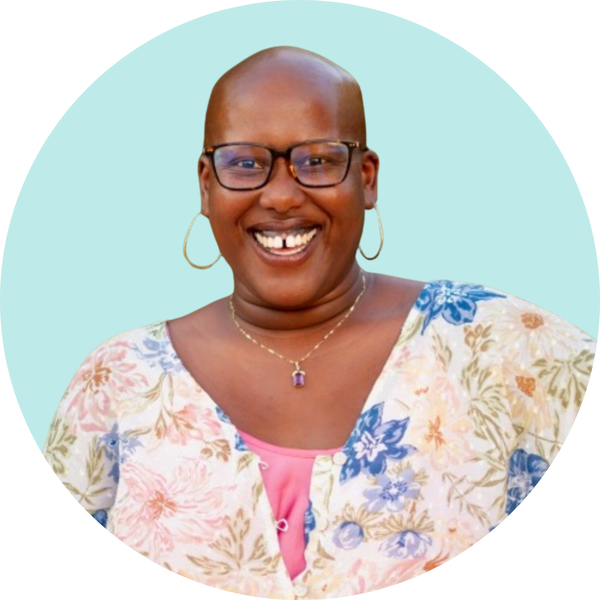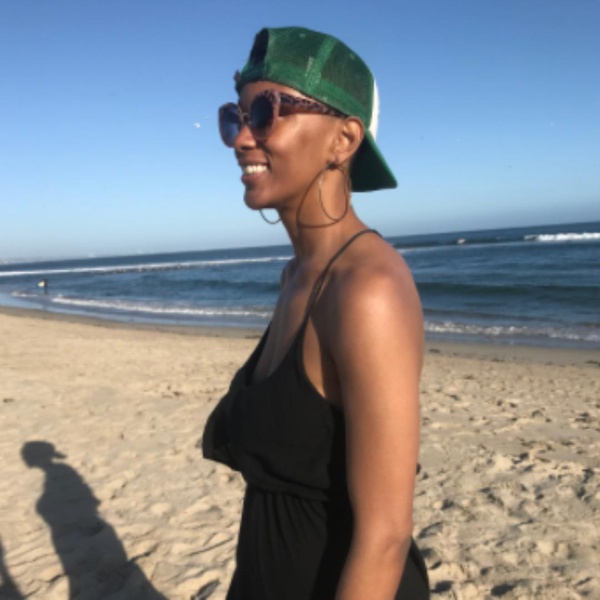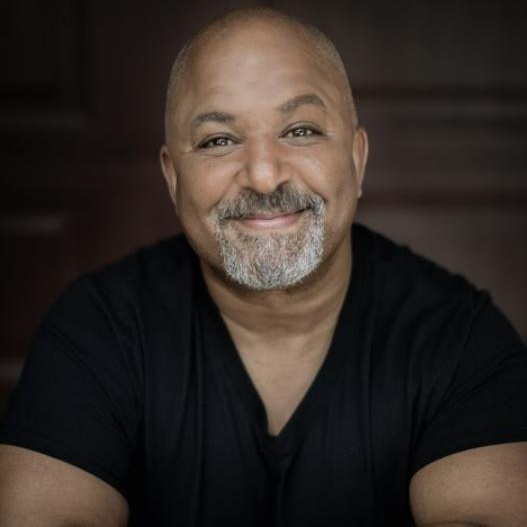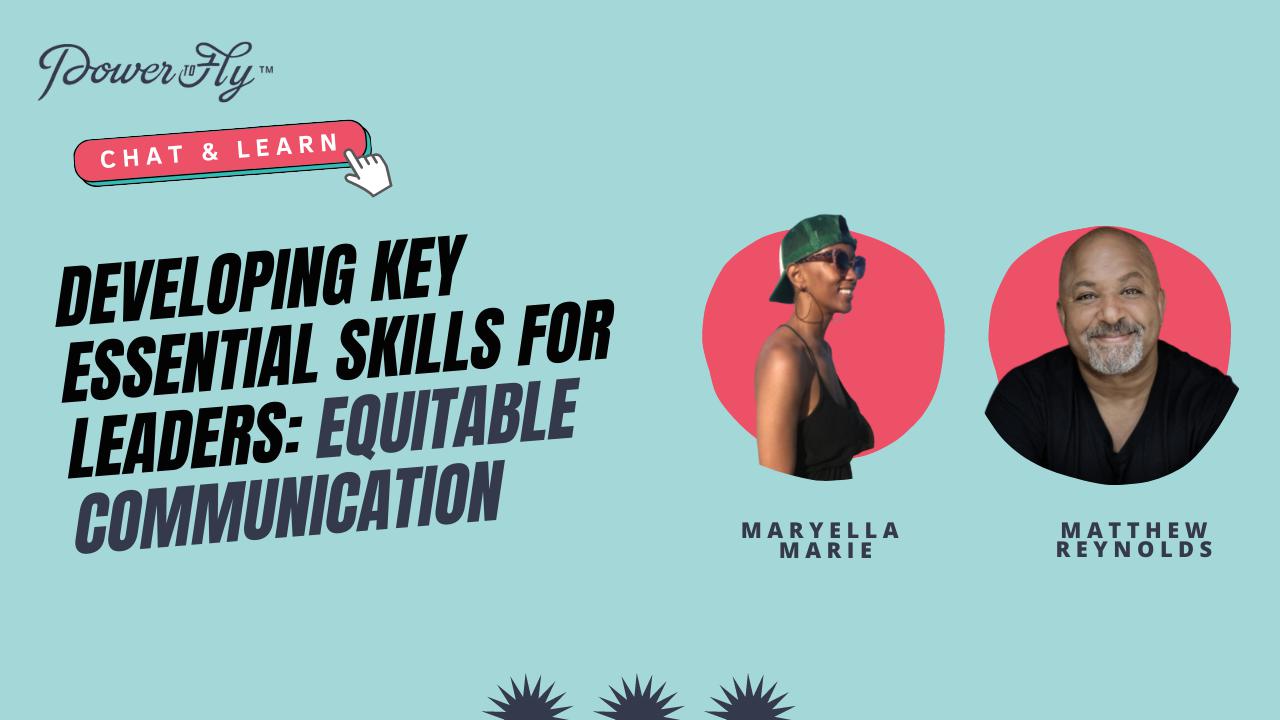





No matter how much you’ve worked on your own essential skills as a leader, if the emotional and mental wellness of your employees is not a priority, it could cost you $550 billion...
No matter how much you’ve worked on your own essential skills as a leader, if the emotional and mental wellness of your employees is not a priority, it could cost you $550 billion each year, according to a recent study by The Engagement Institute.
With toxic workplace behavior being the single largest predictor of negative employee outcomes, including burnout, it’s no surprise that leaders are seeing an increase in employee disengagement and high turnover. As leaders continue to focus on their bottom line, how can they include key essential skills in their organization’s development?
During this workshop — Part 2 in a three-part series dedicated to developing key essential skills for leaders — we´ll re-evaluate the way we communicate as leaders and the impact this has on our team’s wellbeing.
In this series, you’ll learn:

Maryella Marie [she/they] is a liberation facilitator, multimedia producer, & Master of Ceremony who has spent over a decade working with diverse technologists, independent artists, and divergent innovators across the globe to deepen their audiences’ emotional intelligence.
You can find her work and offerings on Grow Dialogue and The Positive Force Team where she curates and produces multimedia projects centered around emotional intelligence, belonging, and creative leadership; as well as facilitates collaborations between artists and organizations in the Americas in order to build bridges and inspire positive social impact.

Matthew Reynolds has over 35 years of experience as a performer and instructor in the Theater Arts and Dance. Matthew helped create the Crater Renaissance Academy of Arts and Sciences in Southern Oregon right out of his Masters of Arts Teaching program.
He spent 12 years in the classroom where he built equity in his program, with his students, guided by the mission of "Creating Community through the Arts." Matthew now finds himself advocating for equity within the arts and education spaces. He has recently published his first book, BIGGEST FULLEST BRIGHTEST- shifting the consciousness of humanity.